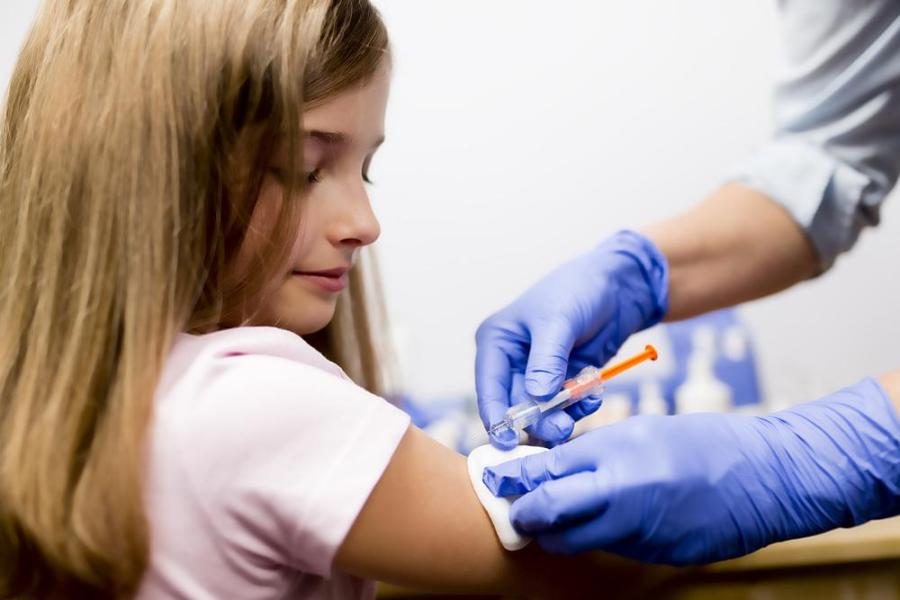
How to get the Pneumonia Vaccine?
Speak with your Medical Provider
To determine if you meet the appropriate recommendations by the ACIP and the CDC for the pneumonia vaccine you should speak with your healthcare provider. Your healthcare provider will be able to administer the vaccination and determine which vaccination is appropriate for your unique medical history.
The pneumonia vaccines have been proven to diminish the risk of acquiring invasive pneumococcal disease and complications associated with the infection. Your healthcare provider will provide you with information surrounding the risks, benefits and possible negative outcomes that may be associated with these vaccines. At that point in time, you will then be able to make an informed decision as to whether to proceed further with this vaccination.
Medicare and most private insurances cover these vaccines and that should be discussed by your primary physician as well. Don’t take a chance of contracting one of these life-threatening serotypes of Streptococcus Pneumoniae that could otherwise be prevented through vaccination.
Why Get the Vaccine
Pneumonia is an infectious process that can be transmitted via droplets from patient to patient. In many cases, pneumonia is not life-threatening and can be treated outpatient. However, when a patient contracts lobar pneumonia, which by definition affects an entire lobe of the lung, it can create serious, life-threatening health outcomes in even healthy individuals.
In patients who have extensive medical histories that include immune compromised diseases, contracting lobar pneumonia can result in death within a short time. Therefore, it is essential to determine a way in which to prevent these individuals who are at the highest risk from becoming infected with this dangerous infection.
Who Should Get Vaccinated for Pneumonia
Patients who are immunocompromised or have other significant co-morbidities can benefit from the prophylactic vaccination with either the Pneumococcal Conjugate Vaccine (PCV13) or the Pneumococcal Polysaccharide Vaccine (PPSV23). In some cases, those age 65 and older are recommended to have both vaccinations at separate times. These vaccinations have been proven to provide immunity to several of the serotypes of Streptococcus Pneumoniae (Pneumococcus).
The PPSV23 and PCV13 vaccines do not prevent against pneumonia caused by other bacteria, viruses or fungi other than pneumococcus. The clinical indications are constantly evolving and new vaccination schedules and recommendations are consistently implemented. Therefore, it is essential to speak with your healthcare provider to determine which one, if not both, vaccines are indicated for your unique medical history.
It is better to be proactive to prevent this infection and its possible deadly complications by receiving these vaccinations if you are an otherwise healthy 65 years of age or older; or if you are age 65 and older and have immune compromising illnesses. Whatever the case, please contact your physician to determine the next steps in the immunization process.




